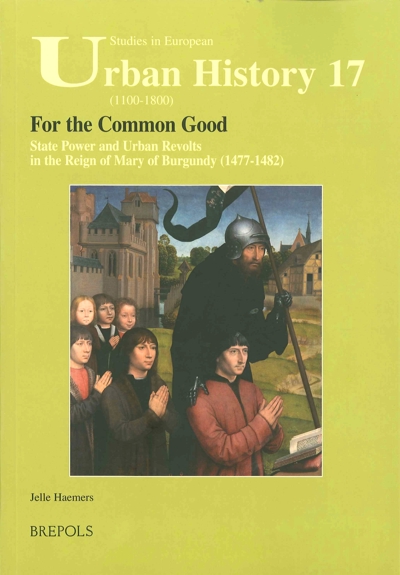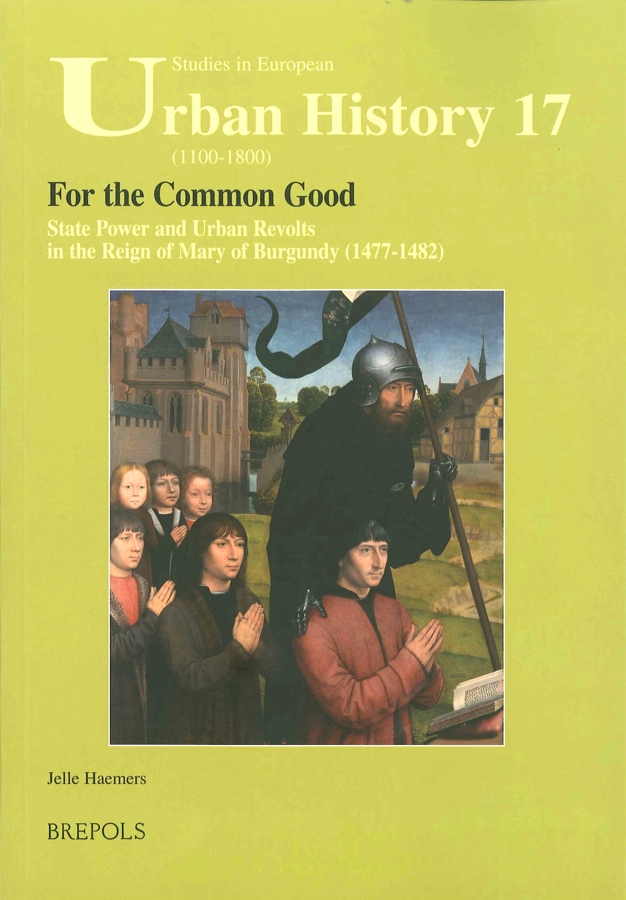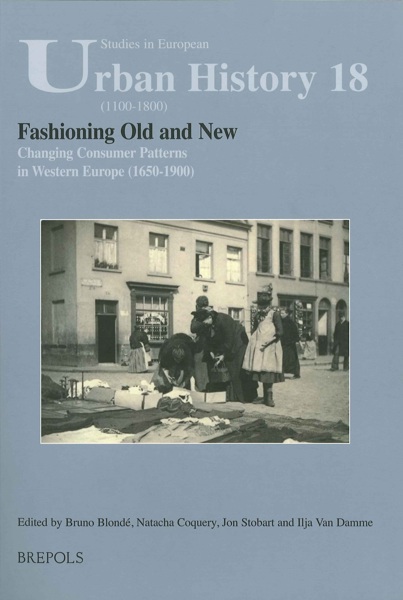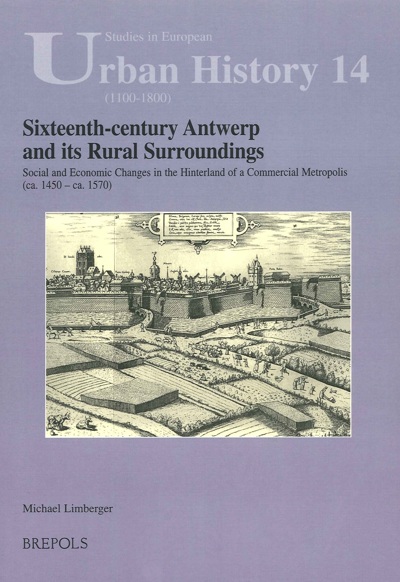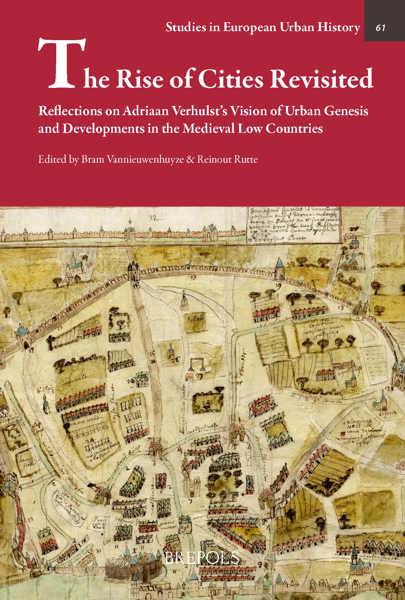
For the Common Good
State Power and Urban Revolts in the Reign of Mary of Burgundy, 1477-1482
Jelle Haemers
- Pages: xii + 319 p.
- Size:178 x 254 mm
- Illustrations:16 b/w
- Language(s):English
- Publication Year:2009
- € 65,00 EXCL. VAT RETAIL PRICE
- ISBN: 978-2-503-52986-8
- Paperback
- Available
- € 65,00 EXCL. VAT RETAIL PRICE
- ISBN: 978-2-503-55948-3
- E-book
- Available
"Insgesamt gesehen handelt es sich um ein sorgfältig recherchiertes und sehr interessantes Buch." (Gisela Naegle, in: Zeitschrift für historische Forschung, 396. Band, 2012, Heft 1, p. 128-130)
This book examines the people behind the revolt. From a murky background of conflicting loyalties, it identifies the principal allies of the Habsburg dynasty and key political adversaries of Maximilian in the Flemish cities. An in-depth analysis of their lives and their socio-economic and cultural backgrounds on the eve of the Flemish Revolt elucidates their reasons for rebelling or remaining loyal to court. By focusing on disloyal nobles at court and urban dissenters in the county of Flanders, this book goes beyond previous studies of the revolt and offers new insights into the social history of medieval politics. In the end, readers will discover whether the court, the nobility, and the urban rebels were really striving for the goal they claimed, the common good.
Jelle Haemers is a post-doctoral research fellow at Ghent University (IAP-project ‘City and Society in the Low Countries, 1100-1800’). His research interests focus mainly on urban history of the Late Middle Ages.
!Winner of the Frans Van Cauwelaert Prize for 2008!
